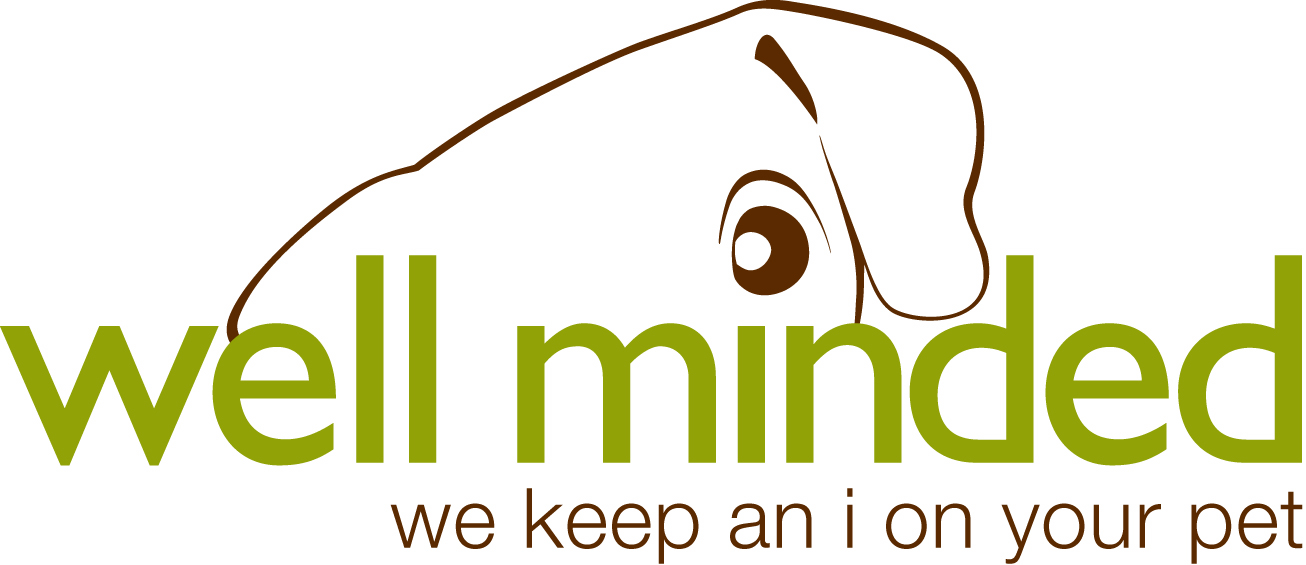I have a canine client, Quincy,* whom I love to pieces. He's fun and sweet, and I've been caring for him for quite a few years, now. Last week when I was hanging with him, I gave some thought to one aspect of his behavior that I've not seen in other adult dogs very often. He mouths. Mouthing, or play-biting, is more commonly seen in puppies, but Quincy, an adult dog, does it frequently. It doesn't bother me at all because he's quite gentle, but it got me to thinking about why he does it, so I did some research.
Why does my dog mouth my hands? And what can I do about it?
what is "mouthing?"
"Mouthing," a.k.a. "play-biting" is a natural, instinctive way dogs play with each other. They explore the world with their mouths like we do with our hands. Mouthing is not aggressive, but can be irritating to humans, especially guests in the home of a dog that mouths. It can be misinterpreted as aggression.
why do dogs mouth?
Puppies learn how to play by mouthing their littermates and their parents. They explore with their mouths, and they use their mouths to play with each other. The ASPCA outlines that
Young dogs usually learn bite inhibition during play with other dogs. If you watch a group of dogs playing, you'll see plenty of chasing, pouncing and wrestling. Dogs also bite each other all over. Every now and then, a dog will bite his playmate too hard. The victim of the painful bite yelps and usually stops playing. The offender is often taken aback by the yelp and also stops playing for a moment. However, pretty soon both playmates are back in the game. Through this kind of interaction, dogs learn to control the intensity of their bites so that no one gets hurt and the play can continue without interruption.
In contrast to aggressive biting, mouthing is playful and not ill-intended. It can, however, be an unwanted behavior as far as humans are concerned.
Puppies typically learn to control the intensity of their play bites by their littermates, but puppies taken from their littermates too soon may need to learn this from their human families. Typically, humans teach their puppies that no form of mouthing is acceptable, but that is not always the case, as is the situation with Quincy. It's likely that since his mouthing is so gentle, he was never taught to behave otherwise.
playful mouthing vs. aggressive behavior
There is a huge difference between playful mouthing and aggressive behavior. While you may or may not train your dog to quit mouthing you, no degree of aggressive behavior should be tolerated. How can you tell the difference?
PLAYFUL MOUTHING
• playful stance
• relaxed body and face
• slower and gentler
• does not inflict pain
AGGRESSIVE BEHAVIOR
• aggressive or fearful stance
• tension in the body and face
• quick and hard
• inflicts pain
how can I teach my puppy or dog not to mouth?
You can teach your puppy or dog not to mouth just like his littermates would. Note that it is much more difficult to teach an adult dog not to mouth, as they are not as sensitive to our reactions as puppies are. Teaching your pooch not to mouth is a process.
1. Teach your puppy about bite intensity by yelping and pausing play when he bites too hard. Praise him when he stops, and repeat this a few times per play period. Your puppy will learn that you have a negative reaction when he bites too hard.
2. Mouthing is natural, so you want to teach your dog what is appropriate to mouth and what is not. If you wish (as most humans do), teach your puppy that no mouthing of you is acceptable. Once your puppy has eased up on the intensity, practice the same steps whenever the puppy mouths your hand (or ankle...or whatever his favored body part is). Provide him with an alternative, such as a chew toy or ball. Your puppy will learn to mouth appropriate items rather then your hands or the hands of your visitors.
additional tips
• Avoid wiggling your fingers in front of your dog's face, and avoid play-slapping his muzzle. These actions will likely encourage your dog to mouth and play more aggressively.
• Don't discourage play and mouthing all together, as it's a great way to bond and it provides your pooch with mental and physical stimulation. Allow your dog to mouth a toy you are holding rather than your hand.
• Don't physically punish your dog for mouthing–or for anything–as it will likely cause more aggression, and your dog may become fearful of you.
• If your puppy or dog mouths you, don't pull away. Pulling away will be considered a game by your dog and will encourage him to play harder. Kind-of like tug-of-war.
• Always provide appropriate chew toys for your dog.
• Provide your dog with plenty of exercise and entertainment. Excessive mouthing can be a sign of boredom.
• If your dog is biting aggressively, seek the help of a certified, professional dog trainer immediately.
Does your dog mouth? Have you taught your dog not to mouth? Please share your experience!
*All names have been changed in the interest of privacy.

